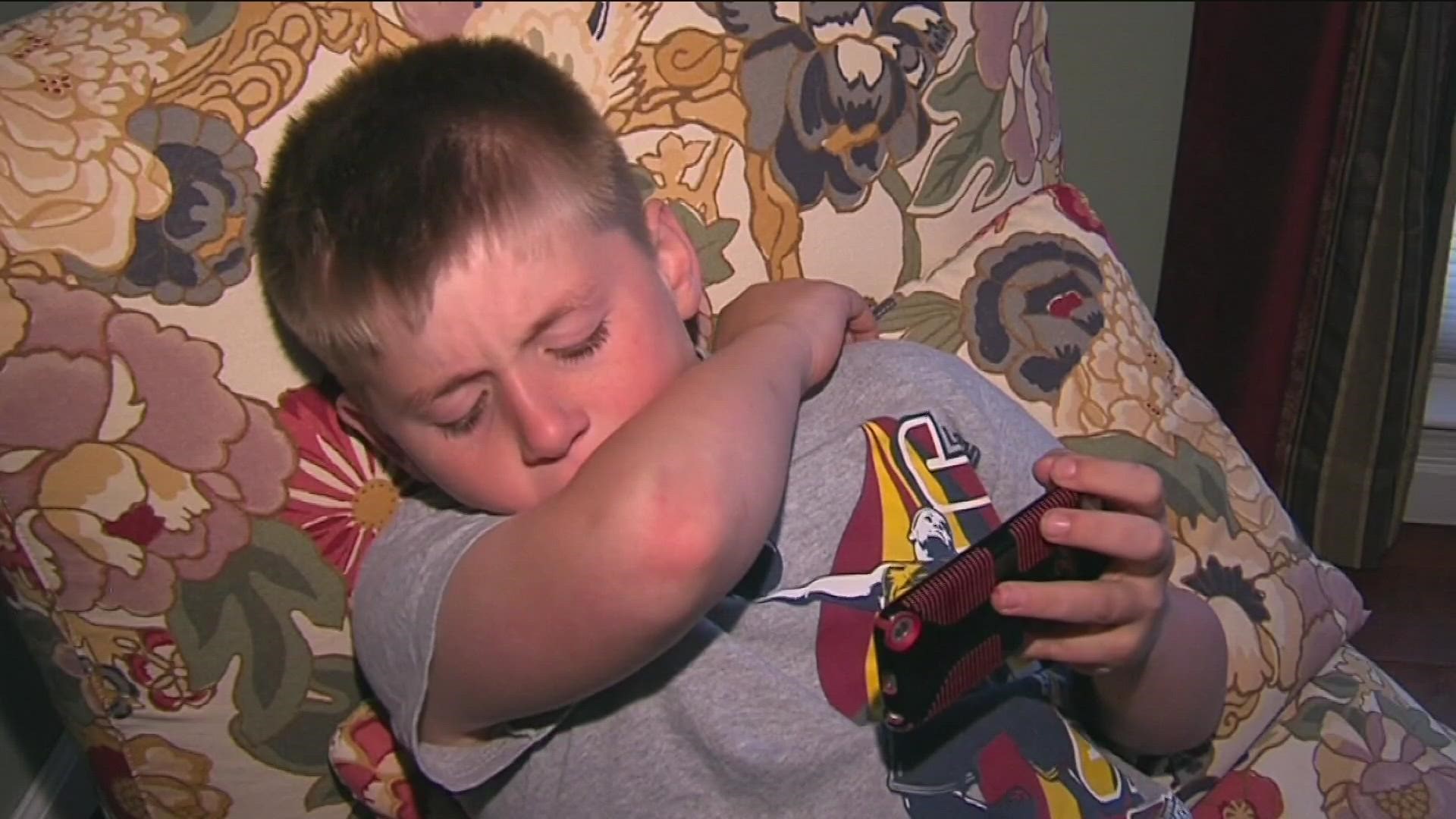ATLANTA — Cases of Respiratory Syncytial Virus continue to fall in Georgia, but some patients are complaining that they can’t seem to shake the effects of the illness.
The coughing and wheezing of RSV typically lasts less than a week.
But some patients complain of symptoms far beyond that prompting the question—can Respiratory Syncytial Virus, or RSV, lead to long-term problems?
Our Sources
- Dr. Preeti Jaggi, a pediatric infectious disease specialist at Children’s Healthcare of Atlanta and Emory University.
- The Centers for Disease Control
- Several studies looking at the relationship between RSV in young children and the possibility of long-term issues.
The Answer
Yes, RSV can lead to long-term health problems.
What we found
Dr. Jaggi said children may appear to get over a bout with RSV only to start wheezing all over again.
Another virus could re-trigger it and lead to another issue called bronchiolitis.
“That’s a very, very common illness that we see a lot of and that’s what we’ve been seeing a lot of this year,” Dr. Jaggi explained. “A lot of our data is primarily coming from those children two years of age or younger.”
Bronchiolitis is an inflammation of the small airways in the lungs.
A study out of China concluded that severe bronchiolitis during infancy increases the risk that a child will develop asthma later.
And according to the CDC, RSV is the most common cause of pneumonia in children under the age of one.
“If your child has wheezing symptoms later on, I would go see your pediatrician or your doctor,” Dr. Jaggi noted. “I don't necessarily think that's something that you want to really evaluate on your own.”
The CDC also said that severe RSV can lead to pneumonia, asthma, or chronic obstructive pulmonary disease in adults.
So we can Verify that RSV can lead to long term health problems, particularly when it comes to young children.
.

